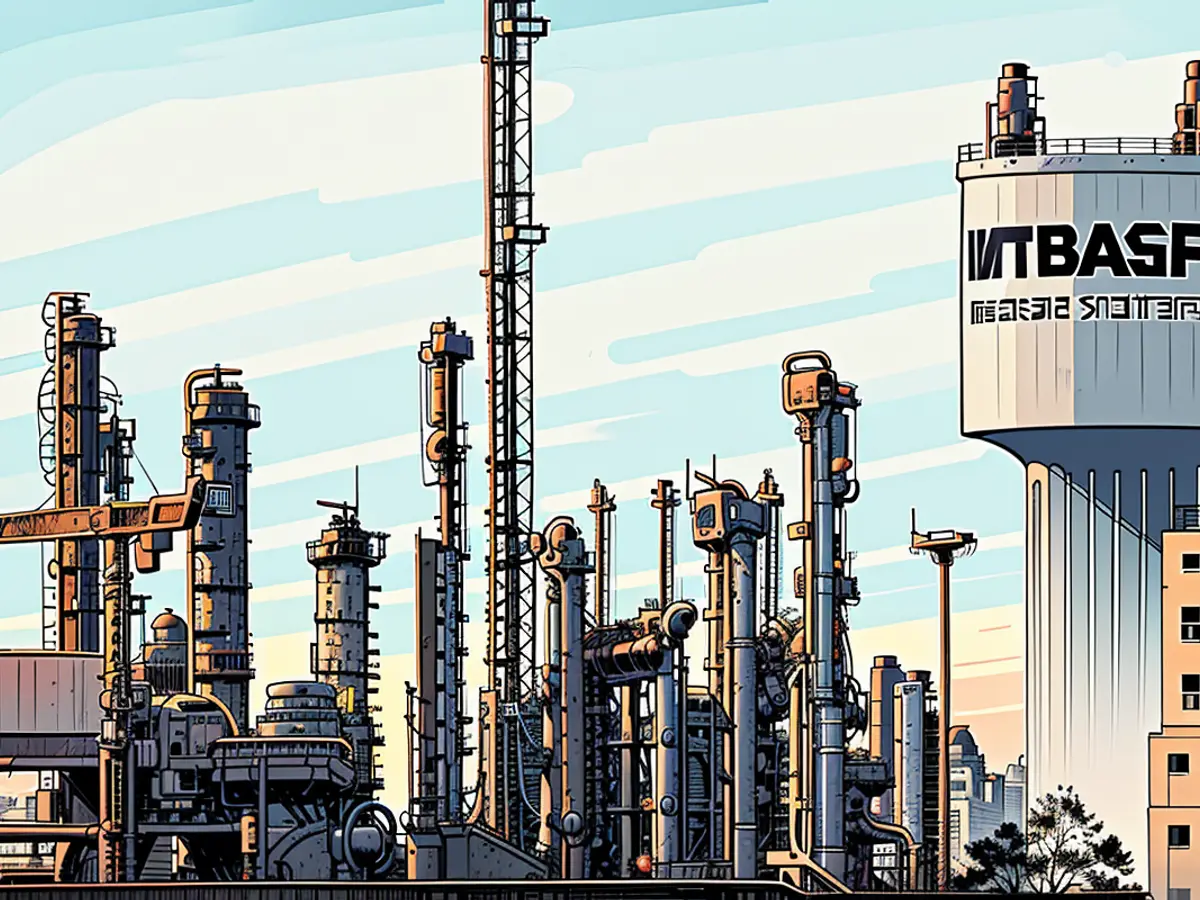The chemical industry is dependent on foreign trade
The location in Germany is increasingly losing its appeal for the chemical industry, according to a survey by the Ifo Institute. Hopes for an improvement in the situation are not being fulfilled. The industry continues to complain about high energy costs and complex bureaucracy.
The mood among the top executives of the German chemical industry has turned negative again in July. The business climate index fell to -10.5 points, from +4.5 points in June, according to the Munich-based Ifo Institute's business survey. "Chemicals are caught in the general economic downturn," said Ifo industry expert Anna Wolf. "Hopes for a revival in demand have not been fulfilled."
The assessment of the current business situation and the outlook for the next six months have both deteriorated. Demand for chemicals continues to decline, and order backlogs are expected to be even lower than in the previous month. "No noticeable impulses are expected from abroad," it said. Companies have therefore further reduced their production and plan significant staff reductions in the coming months. Capacity utilization fell to 74.8 percent. In comparison, the long-term average is 82 percent.
"More and more chemical companies in Germany are at a price disadvantage in international competition. This is not just due to energy costs," said Ifo expert Wolf. "Complex bureaucracy also burdens the already high labor costs. This makes the location in Germany less attractive for chemicals."
No impulses from other markets
The industry association VCI expects production to increase by 3.5 percent this year, while sales are expected to rise by 1.5 percent. "After a positive start to the year with significantly increasing production volumes and sales, the recovery lost momentum in recent months," it said in a recent statement. "Impulses from other markets also remained weak, for example, the Chinese economy grew significantly slower in the second quarter. Accordingly, demand for 'Made in Germany' chemical products was also weak."
At the same time, VCI CEO Markus Steilemann calls on the federal government to make Germany more competitive again. The energy transition threatens to become too expensive, infrastructure is dilapidated, digitization is progressing too slowly, and bureaucracy is overwhelming, he said recently. "A cascade of sensible measures is needed to keep the industry (..) alive."
Despite the challenges, chemical companies are still manufacturing products, albeit with a focus on utilizing materials from headings other than the product itself to mitigate costs. The complex bureaucracy and high labor costs, compounded by energy expenses, are making Germany a less appealing location for chemical manufacturing in international competition.








